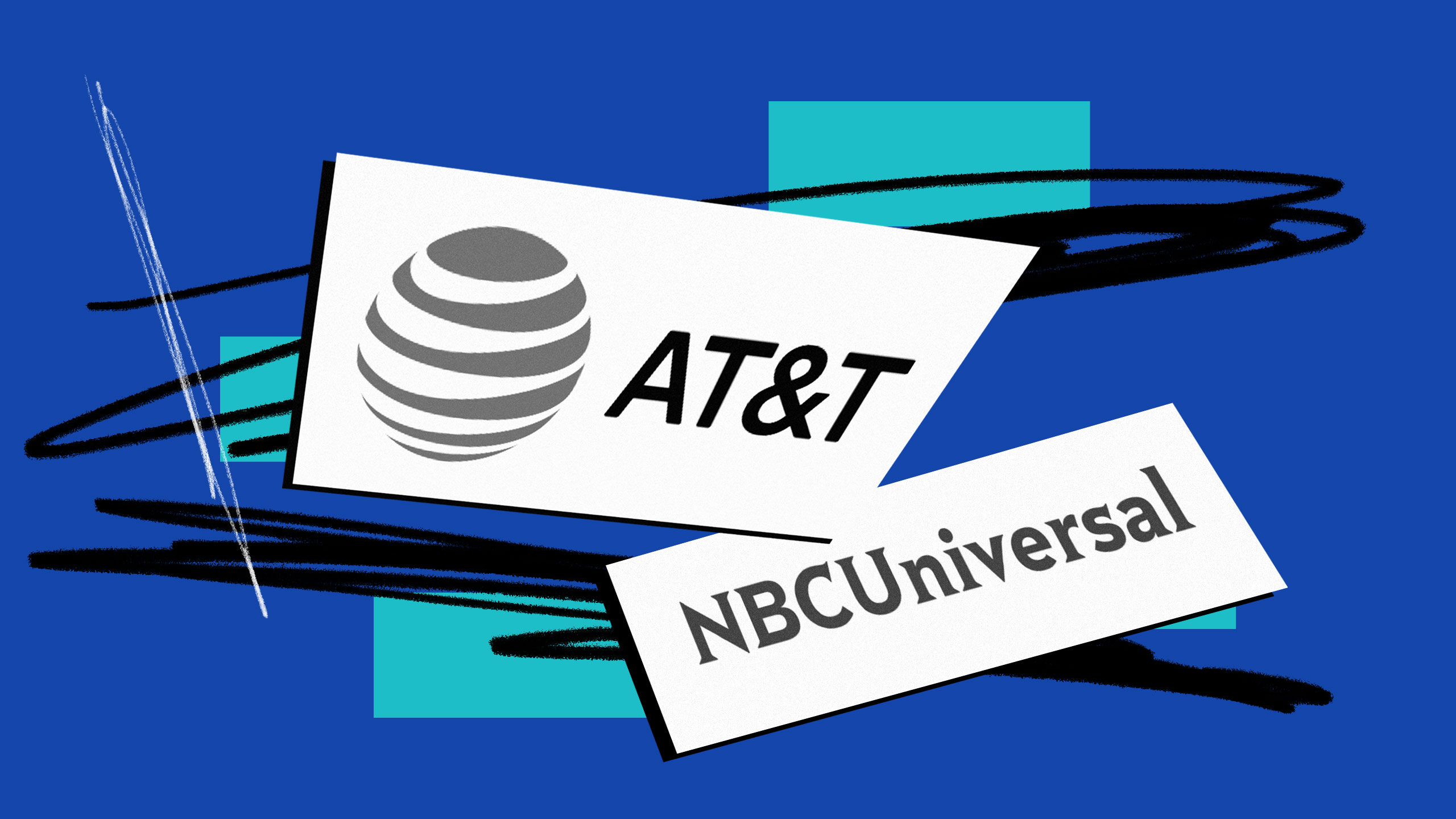Florida’s controversial “Don’t Say Gay” bill—which aims to restrict discussions of sexual orientation and gender identity in classrooms—continues to advance through the state’s legislature, and several major corporations claiming to support LGBTQ2S+ causes have been funding the bill’s key supporters.
Companies like AT&T and Comcast/NBC Universal donated significant amounts of money to supporters of Florida’s “Parental Rights in Education” bill since 2020, according to the Popular Information newsletter. Comcast/NBC Universal has given $28,000 to top supporters of the legislation, including its sponsors and Florida Gov. Ron DeSantis. UnitedHealth Group has given DeSantis, who has said he will sign the bill into law, at least $200,000.
Other donors included AT&T, which has given $86,000 to supporters of the legislation, as well as Walgreens ($28,000), Publix ($125,000), Anheuser-Busch ($75,000) and Duke Energy ($34,000).
All of these companies have earned high marks from the Human Rights Campaign’s Corporate Equality Index in the past, which rates workplaces on LGBTQ2S+ equality. Walgreens, which currently boasts a perfect score, changed its logo to a rainbow design for Pride in June 2021, and Duke Energy, also a recipient of an 100 rating from HRC, boasted just days later that it “supports Pride Month, all year.”
“Corporations who claim to be pro-equality have an obligation to speak out against this hateful bill and stand in solidarity with LGBTQ people.”
Many of the politicians who received these donations have a long history of anti-LGBTQ2S+ stances and comments, according to Popular Information. The bill’s chief sponsor in the Florida Senate, Dennis K. Baxley, stated in 2015 that he “simply can’t affirm homosexuality” after reversing his vote on a decision regarding the ability of gay couples to adopt. Two years earlier, Baxley claimed that lesbian families were “dysfunctional” and abusive.
For his part, DeSantis signed an anti-trans sports ban into law last year and previously vetoed funding for LGBTQ2S+ causes, including mental health support for survivors of the Pulse nightclub shooting. In stating his intent to sign what LGBTQ2S+ advocates have dubbed the “Don’t Say Gay” bill, the Florida governor has claimed that all discussions of gender in the classroom are “entirely inappropriate.”
If enacted by DeSantis, the bill would prohibit discussions of “sexual orientation or gender identity” in primary grade, and teachers who allow such topics to be addressed could be subject to lawsuits.
LGBTQ2S+ activists in Florida say the bill represents a tangible threat to students and that the business community has a duty to oppose it.
“Corporations who claim to be pro-equality have an obligation to speak out against this hateful bill and stand in solidarity with LGBTQ people,” says Brandon Wolf, press secretary with the statewide advocacy group Equality Florida, in an emailed statement shared with Xtra. “The bill threatens to dismantle inclusive school environments in Florida and it is incumbent upon the business community to take a stand in support of the LGBTQ community.”
Florida’s bill is one of over a dozen “Don’t Say Gay” proposals introduced in states like South Carolina and Tennessee this year. These bills range in scope: Arizona’s HB 2161, for instance, would require teachers to “out” students to their parents. An amendment to Florida’s bill introduced last week would follow Arizona’s lead by banning teachers from withholding information about students from their parents.
But despite what critics say are the potentially disastrous effects of these bills, the business response has reportedly been extremely tepid. Judd Legum, a co-author of the Popular Information newsletter, noted on Twitter that the backlash has paled in comparison to North Carolina’s notorious 2016 bathroom bill.
At the time, over 100 companies spoke out against House Bill 2, which barred trans people from using the public restroom that most closely matches their gender identity. Its opponents included Apple, Bank of America and Starbucks, in addition to sporting associations like the NBA and NCAA (the latter of which was particularly instrumental in combating the bill).
HB 2 was repealed a year after it was signed into law due to fear of the economic impact, which would have cost the state nearly $4 billion over the next 12 years.
But in the face of the record surge in anti-trans legislation since 2021, HB 2’s critics have largely sat this round out, even after the White House condemned the bills.
President Joe Biden referred to Florida’s bill as “hateful” earlier this month, while his deputy press secretary Karine Jean-Pierre called South Dakota’s recently enacted trans sports ban an “attack” on LGBTQ2S+ youth in a Feb. 18 tweet.
The Florida “Don’t Say Gay” bill currently awaits a full vote in the House after it was approved by a committee last week. The legislation has yet to pass the Senate, where it is still in committee, but is likely to do so.


 Why you can trust Xtra
Why you can trust Xtra


